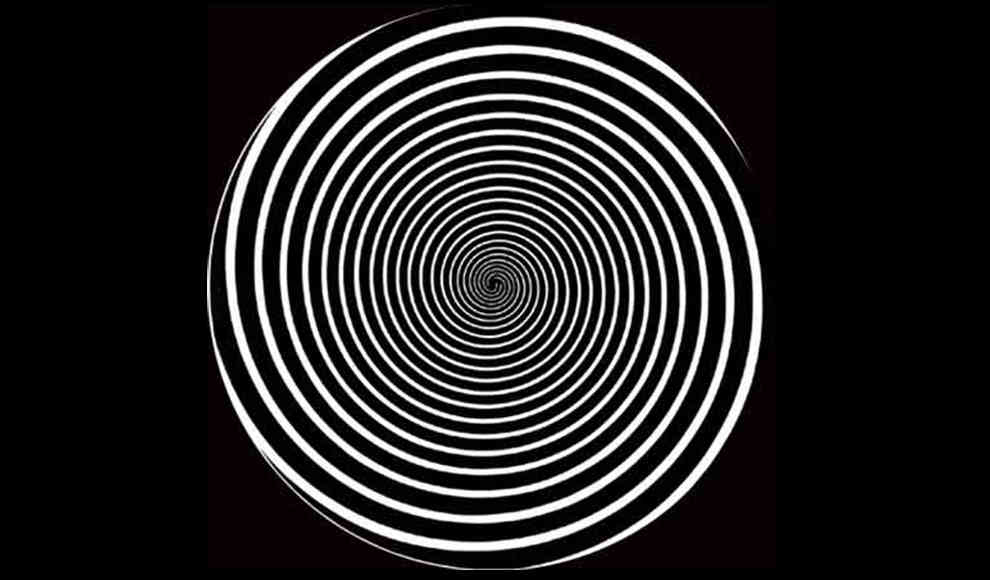Hypnosis has long been associated with negative connotations, often being dismissed as a mere trick or illusion. However, recent scientific studies have shown that hypnosis can have measurable effects on the brain, resulting in improved sleep, reduced anxiety, and decreased pain during medical treatments. While the exact mechanisms behind these effects are not yet fully understood, a team of researchers from Friedrich-Schiller-Universität Jena in Germany has made new discoveries through hypnosis experiments.
The researchers conducted an experiment with 60 participants, showing them a series of symbols on a computer screen. The symbols were mostly triangles, occasionally interrupted by squares that the participants were asked to count. The participants were then hypnotized and the experiment was repeated to determine if hypnosis could alter their visual perception. The researchers suggested to the participants that they were seeing a wooden board in front of their eyes, obstructing their view of the monitor. The results showed that the number of errors in counting the squares increased significantly due to the suggested visual obstruction. The researchers found that the early brain reactions responsible for symbol recognition were not affected by hypnosis, but the brain waves responsible for processing the information were significantly weaker.
These findings suggest that hypnosis can cause a dissociation between primary sensory perception and the processing of that information in the brain. The researchers plan to conduct further tests with other sensory stimuli to verify their results and gain a better understanding of the mechanisms behind hypnosis. While the effectiveness of hypnosis has already been proven, the researchers hope to uncover why and how these peculiar changes in perception occur in hypnotized individuals.
In conclusion, hypnosis is no longer just a parlor trick, but a scientifically recognized method with measurable effects on the brain. The study conducted by the researchers from Friedrich-Schiller-Universität Jena sheds light on the mechanisms behind hypnosis and its ability to alter perception and processing of sensory information in the brain.









